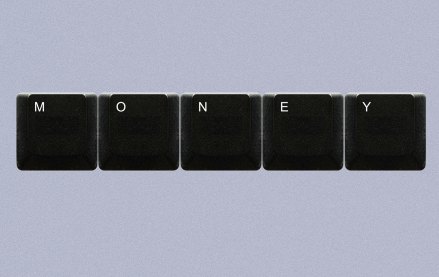Cosmopolitan had never made a branded podcast before Tinder approached the women’s lifestyle publisher about making one. Now Cosmo hopes they become a core capability it can include in its pitch to marketers.
On June 24, Tinder and Cosmopolitan launched “Single, Swipe, Repeat,” a branded podcast about dating, hosted by Cosmopolitan relationships director Faye Brennan. Cosmopolitan will promote the show across its surfaces, including its owned and operated properties, its social channels and its magazine; a full-page ad promoting the show appears in the current print issue.
Cosmopolitan was paid a flat fee to produce the show. While the publisher declined to comment on price, the going rate for a branded podcast typically begins in the high six-figure range, with more sophisticated productions costing over $1 million.
Moving forward, Cosmopolitan hopes “Single, Swipe, Repeat,” along with the strong digital reach it’s built — the title claims to reach 78 million millennials across platforms — puts them in position to make more of them, in-house; Cosmo hired an outside production company to make this one.
“This is the first time we’ve ever done this, so we’re more interested in the learnings, but if we hit 50k listeners we’ll consider that a success,” Cosmopolitan publisher Nancy Berger said. “It’s too early to draw any conclusions, but we are seeing strong performance in our first 24 hours.”
Tinder was already a believer in branded podcasts. Back in 2016, the dating app hooked up with Gimlet’s brand studio, Gimlet Creative, to produce a similar show called “DTR,” which ran for two seasons.
But those shows had to rely on Tinder’s own limited distribution, plus the occasional shout-out in Apple’s podcast app. Though Tinder got creative to market “DTR” — it built fake Tinder profiles that users could swipe with to drive downloads — its overall footprint was much smaller than Cosmopolitan’s. And while Cosmopolitan has limited experience in the podcast space, it has a big audience in the demographic Tinder is hoping to reach. The women’s lifestyle publisher reaches 40% of U.S. female podcast listeners, Berger said, citing user research it conducted this year.
Both parties expect that strong overlap will remove the need to spend money promoting the show. “We have the audience in-house already,” Berger said. “We don’t have to go out and search for it.”
Historically, branded podcasts have been a pricey purchase with real distribution challenges. While there have been success stories, such as GE’s “The Message,” or, more recently, a companion podcast to the HBO miniseries “Chernobyl,” which averaged 1 million downloads per episode, branded podcasts are typically not used to reach a large audience.
But as the podcast audience continues to grow, and as more legacy media companies get involved in the space, some may hope to leverage their reach to drive more scale than previously possible. “It’s a good option for certain companies,” said Steve Pratt, the founder of Pacific Content, a podcast agency that was acquired in May by the Canadian broadcaster Rogers Media. “For [brands] that want big reach or a mass audience, partnering with a media company makes sense.”
More in Media

From sidelines to spotlight: Esports events are putting creators center stage
Esports events’ embrace of content creators reflects advertisers’ changing priorities across both gaming and the wider culture. In the past, marketers viewed esports as one of the best ways to reach gamers. In 2025, brands are instead prioritizing creators in their outreach to audiences across demographics and interest areas, including gaming.

Condé Nast and Hearst strike Amazon AI licensing deals for Rufus
Condé Nast and Hearst have joined the New York Times in signing a licensing deal with Amazon for its AI-powered shopping assistant Rufus.

Media Briefing: AI payouts may be entering a new era
AI compensation is evolving — and new models, not just publisher demands, are driving the shift beyond flat-fee licensing.








